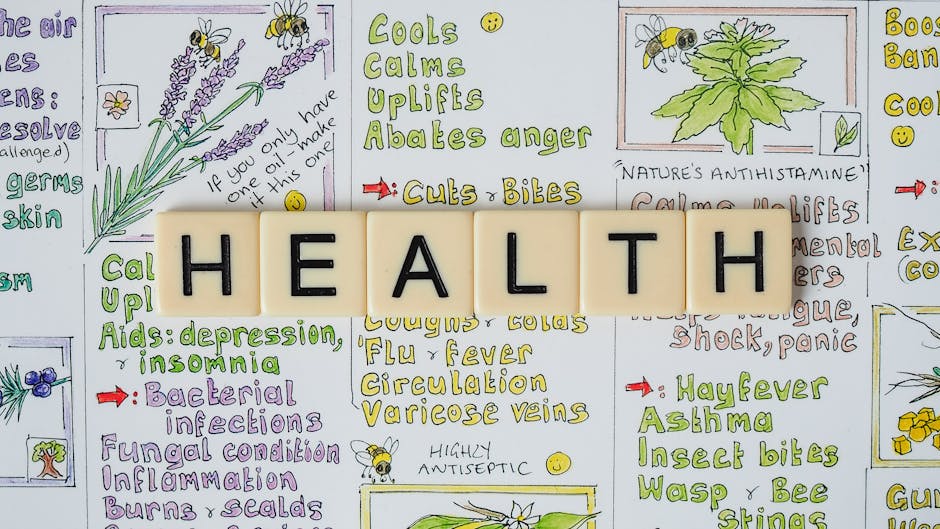Are you tired of waking up with a throbbing headache, wondering what’s causing it and how to get rid of it? You’re not alone. Morning headaches can be a frustrating and debilitating way to start the day. But, did you know that your body might be sending you a message through that headache?
The Frustration of Morning Headaches
Waking up with a headache can be a disheartening experience. It can ruin your morning, make you irritable, and even affect your productivity throughout the day. But, rather than just reaching for the painkillers, it’s essential to understand the underlying causes of morning headaches and what your body is trying to tell you.
What Causes Morning Headaches?
Before we dive into what your body might be trying to tell you, let’s quickly cover the common causes of morning headaches. Some of the most common culprits include:
- Dehydration: Not drinking enough water before bedtime or throughout the night can lead to dehydration, causing your brain to temporarily shrink and pull away from your skull, resulting in a headache.
- Sleep Disorders: Sleep apnea, insomnia, and other sleep disorders can cause morning headaches due to disrupted sleep patterns and poor oxygenation to the brain.
- Allergies: Allergies to dust, pollen, or pet dander can trigger morning headaches, especially if you’re sleeping with an open window or near a pet.
- Medication Side Effects: Certain medications, such as blood pressure medications, can cause morning headaches as a side effect.
- Stress and Tension: Built-up stress and tension from the previous day can manifest as a morning headache.
- Poor Posture: Sleeping in an awkward position or using an unsuitable pillow can put strain on your neck and shoulder muscles, leading to morning headaches.
- Nutritional Deficiencies: Deficiencies in essential nutrients like magnesium, vitamin B2, and Coenzyme Q10 can contribute to morning headaches.
The Connection Between Morning Headaches and Overall Health
Morning headaches can be a sign of an underlying issue that affects your overall health. By addressing the root cause of your morning headaches, you can improve your overall well-being and reduce the risk of chronic diseases.
What Your Body Might Be Trying to Tell You
While these causes are common, your body might be trying to communicate a deeper issue through your morning headache. Here are some potential underlying messages:
Toxicity and Detoxification
Are you consuming too much sugar, caffeine, or processed foods? Your body might be signaling that it needs a detox, and the headache is a warning sign that your liver and kidneys are struggling to process toxins. A toxic buildup can lead to a range of health issues, from digestive problems to skin issues and even cancer.
Hormonal Imbalances
Hormonal fluctuations, especially in women, can cause morning headaches. Your body might be trying to tell you that your hormone levels are out of balance, which can be addressed through dietary changes or supplements. Hormonal imbalances can lead to issues like weight gain, mood swings, and irregular periods.
Stress and Adrenal Fatigue
Chronic stress can lead to adrenal fatigue, causing your body to produce more cortisol, leading to morning headaches. Your body might be telling you to slow down, prioritize self-care, and find healthy stress-management techniques. Adrenal fatigue can lead to issues like insomnia, anxiety, and depression.
Digestive Issues
Morning headaches can be a sign of underlying digestive issues, such as leaky gut syndrome or gut inflammation. Your body might be trying to tell you to focus on gut health through probiotics, prebiotics, and a balanced diet. Digestive issues can lead to problems like bloating, IBS, and autoimmune diseases.
Vitamin and Mineral Deficiencies
Deficiencies in essential vitamins and minerals like B12, iron, or magnesium can cause morning headaches. Your body might be telling you to revisit your diet and consider supplementation to address these deficiencies. Vitamin and mineral deficiencies can lead to issues like fatigue, weakness, and mood disorders.
What Can You Do About Morning Headaches?
Now that you’ve explored the potential underlying causes and messages, here are some actionable steps to alleviate morning headaches:
- Stay Hydrated: Drink a full glass of water as soon as you wake up, and aim to consume at least eight glasses throughout the day.
- Improve Sleep Quality: Establish a consistent sleep schedule, create a relaxing bedtime routine, and optimize your sleep environment.
- Manage Stress: Practice stress-reducing techniques, such as meditation, deep breathing, or yoga, to help regulate your body’s response to stress.
- Eat a Balanced Diet: Focus on whole, nutrient-dense foods, and avoid triggers like sugar, caffeine, and processed foods.
- Listen to Your Body: Pay attention to your body’s signals, and address any underlying issues, such as hormonal imbalances, digestive problems, or toxicity.
- Get Enough Exercise: Regular exercise can help reduce stress, improve sleep, and boost overall health.
- Get Enough Vitamins and Minerals: Ensure you’re getting enough essential vitamins and minerals through your diet or supplements.
- Consider Professional Help: If your morning headaches persist, consider consulting a healthcare professional to rule out any underlying medical conditions.
The Power of Self-Care
By listening to your body and addressing the underlying causes of morning headaches, you can take the first step towards a healthier, happier you. Remember, self-care is not selfish; it’s essential. By prioritizing your health and well-being, you can improve your relationships, productivity, and overall quality of life.
Conclusion
Morning headaches are not just a minor annoyance; they can be a sign of an underlying issue that needs attention. By understanding the causes, listening to your body, and taking proactive steps, you can alleviate morning headaches and improve your overall health. Remember, your body is trying to tell you something – are you listening?
“This content is for informational purposes only and should not be considered as medical, legal, or professional advice. Always consult a qualified professional or your healthcare provider for personalized guidance.”
“This page contains affiliate links. If you choose to purchase after clicking a link, I may receive a commission at no extra cost to you.”












